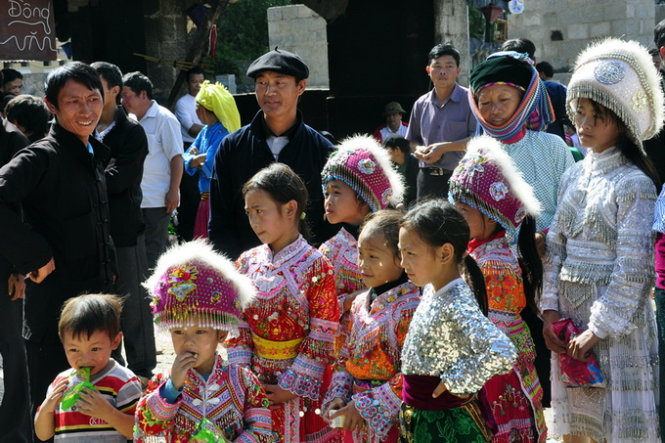The Mong people that inhabit the mountainous areas of northern Vietnam are ditching their traditional Mong New Year celebrations in favor of joining a countrywide observation of the Lunar New Year, raising concerns about cultural conservation in the ethnically diverse country.
Traditionally, Mong’s New Year celebrations typically fall on the 11th or 12th month in the lunar calendar, when a new rice crop is planted, opium is harvested, and men perform the ‘pulling wife’ ritual to find a woman with whom to get married.
However, as opium farming is now illegal, young couples can get married all year round, and Mong children go to public schools that don’t take days off on Mong’s New Year, Mong people now prefer to observe the Lunar New Year, instead of their traditional new year holiday.
Lunar New Year, or Tet, is the biggest public holiday in Vietnam, celebrated on the first day of the first month in the lunar calendar.
The upcoming 2019 Lunar New Year break will last for nine days, from February 2-10.
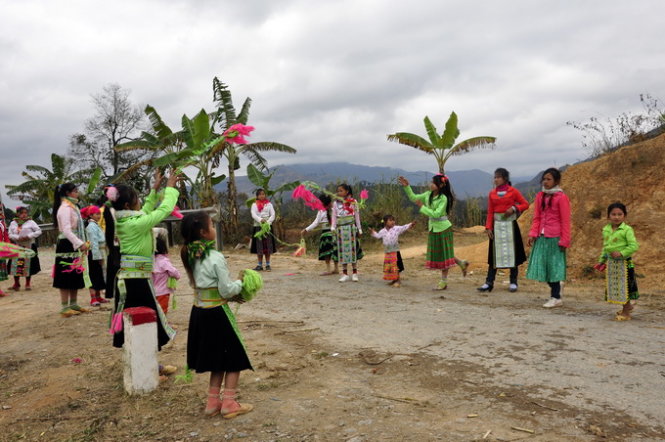 |
| Mong people celebrate the Mong’s New Year. Photo: Tuoi Tre |
Four Mong-majority communes in the northern provinces of Son La and Hoa Binh recently announced they will no longer observe the Mong’s New Year and start observing the Lunar New Year, beginning 2019, according to a statement released after a meeting between the communes’ leaders.
Sung A Mang, chairman of Pa Co Commune in Hoa Binh, said the decision had been agreed upon by 90 percent of residents in the four communes.
Mang said the shift will not threaten the cultural identity of the ethnic Mong people in northern Vietnam, as they will “retain all customs and traditions of the Mong’s New Year celebrations, only doing them at a different time of the year.”
“The change will actually benefit Mong children, who can now be with their family during Tet when their school is on holiday break,” Mang said.
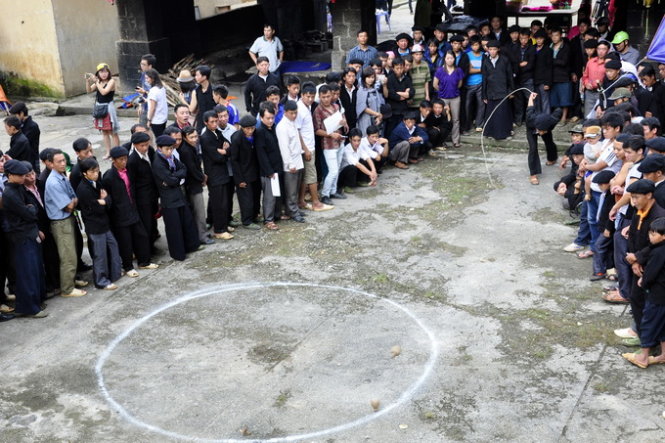 |
| Mong people celebrate the Mong’s New Year. Photo: Tuoi Tre |
“Celebrating the traditional Mong New Year is only suitable for agriculture-reliant communities, which is no longer the case where I come from,” a Mong youth told Tuoi Tre (Youth) newspaper.
“If the idea [to observe Lunar New Year instead of Mong’s New Year] was not supported by the people, no officials would have even dared to propose it,” she said.
Another Mong student from Yen Bai Province in northern Vietnam said her family had been observing the Lunar New Year for six or seven years, and considered the change an inevitable part of cultural development.
“But to avoid disruptions during the transition, every decision should be made by the people,” she said.
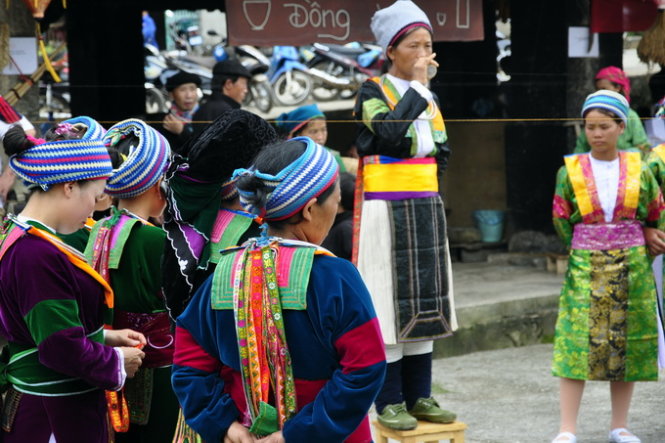 |
| Mong people celebrate the Mong’s New Year. Photo: Tuoi Tre |
Cultural diversity threatened
On the opposite side of the argument, cultural researchers and experts have expressed concerns that a government-supported ditching of the Mong’s New Year will threaten cultural diversity in Vietnam.
Dr. Mai Thanh Son, an expert on Mong ethnicity and member of the Vietnam Academy of Social Sciences, said a document issued by the administration of four communes in Hoa Binh and Son La announcing their abandonment of Mong’s New Year celebrations is a “serious violation” of international conventions on cultural diversity and protecting intangible cultural heritage that Vietnam has ratified.
It also violates Vietnam’s Law on Cultural Heritage, which categorizes the Mong’s New Year as an intangible heritage that must be protected, Dr. Son said.
Government administrations should focus on conserving national heritage and supporting the people in preserving their own culture instead of holding a meeting to ask the people if they agree on getting rid of a part of their culture, he said.
“Their responsibility is not to issue a document that effectively spells the death of a tradition,” Dr. Son stressed.
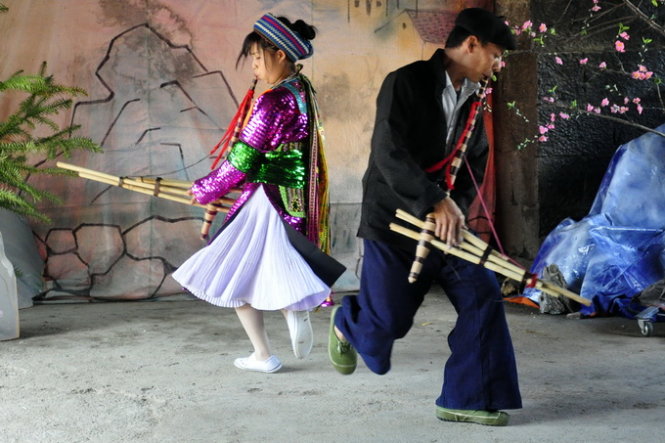 |
| Mong people celebrate the Mong’s New Year. Photo: Tuoi Tre |
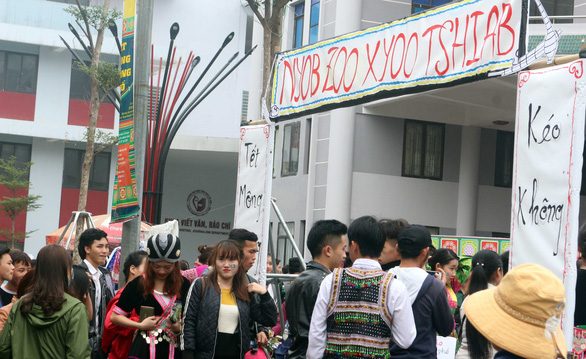 |
| A Mong’s New Year celebration held at a university campus in Hanoi. Photo: Tuoi Tre |
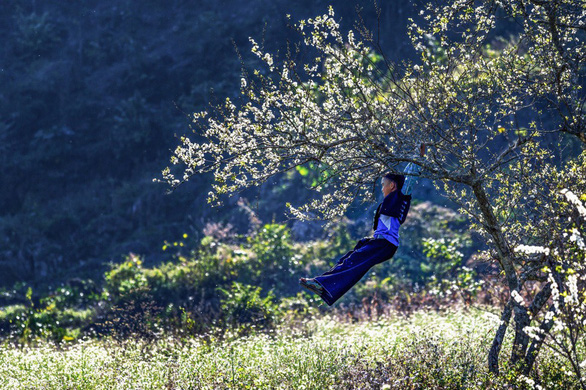 |
| Mong people celebrate the Mong’s New Year. Photo: Tuoi Tre |
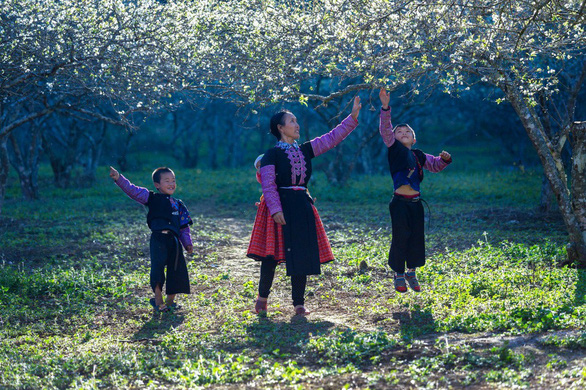 |
| Mong people celebrate the Mong’s New Year. Photo: Tuoi Tre |
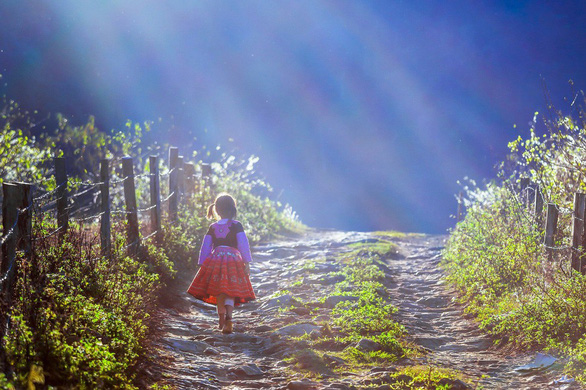 |
| Mong people celebrate the Mong’s New Year. Photo: Tuoi Tre |
Like us on Facebook or follow us on Twitter to get the latest news about Vietnam!



